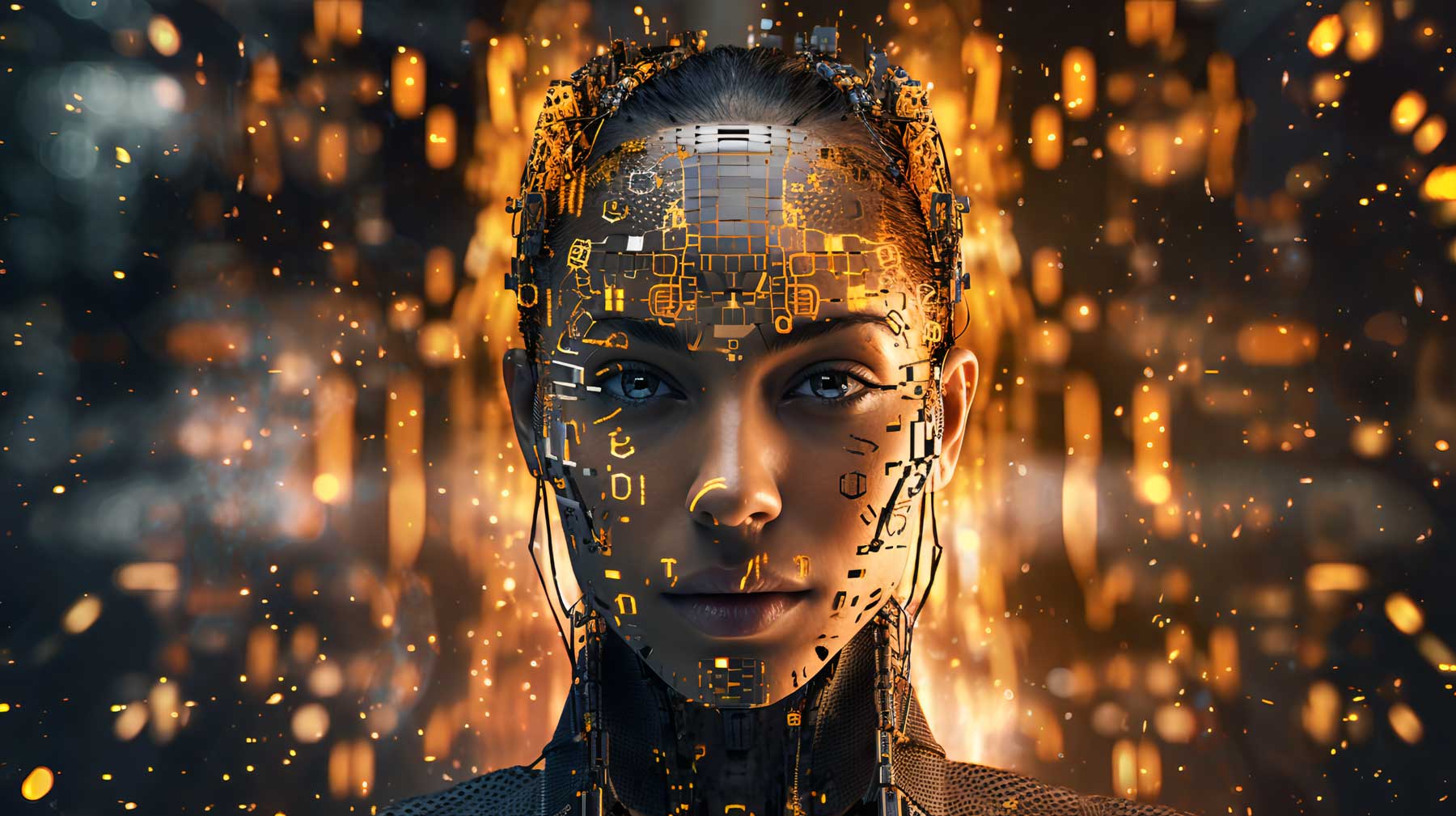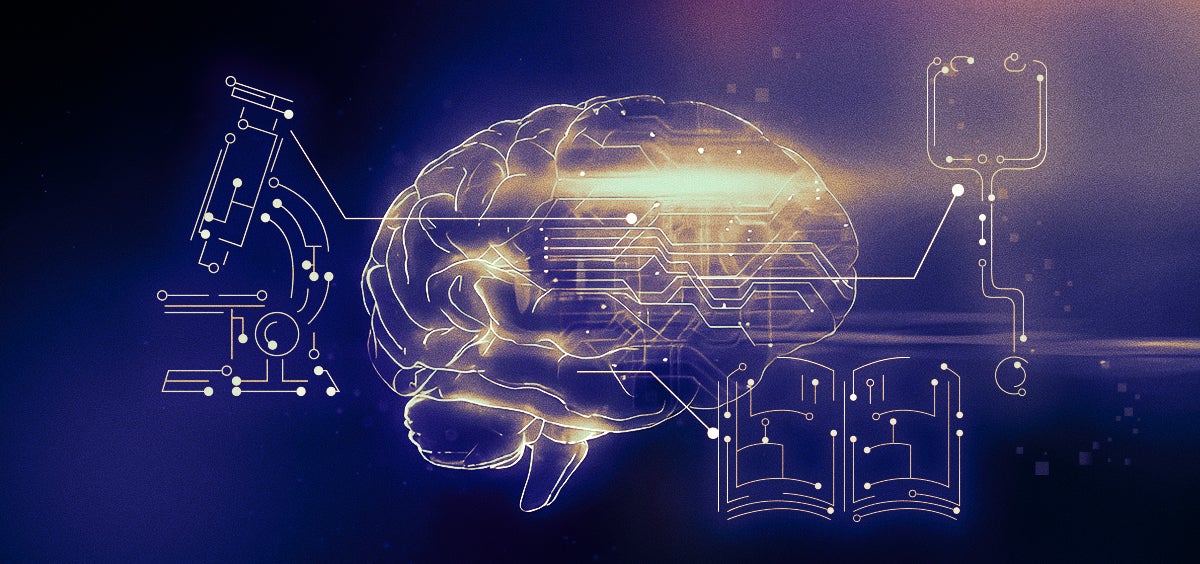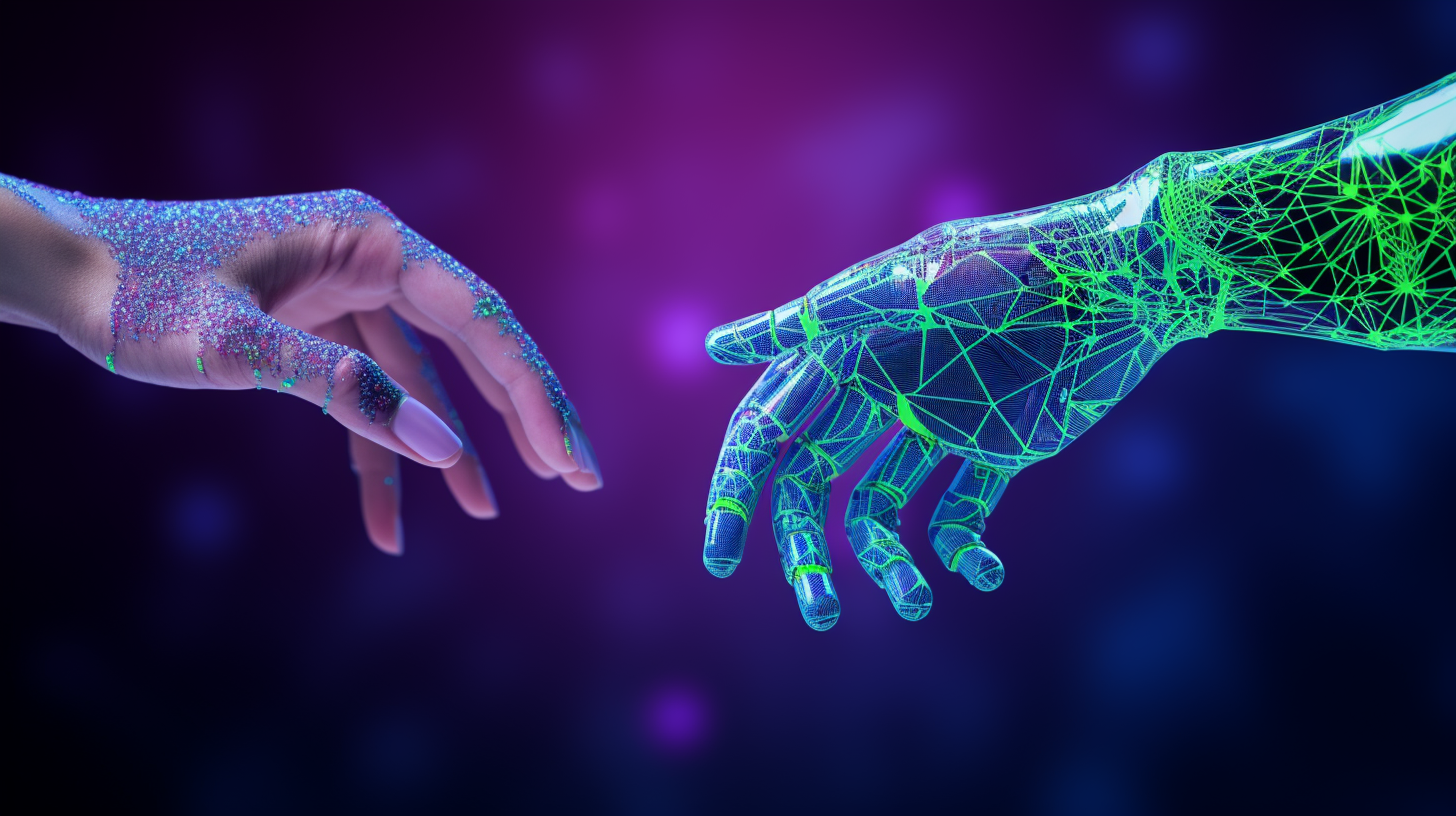Future Of Artificial Intelligence
I. Introduction
A. Definition of Artificial Intelligence (AI) B. Brief history of AI development C. Importance of AI in today's world
II. Current State of Artificial Intelligence
A. Applications in various industries B. AI's impact on job markets C. Ethical considerations in AI development
III. Advancements in AI Technology
A. Machine Learning and Deep Learning B. Natural Language Processing (NLP) C. Robotics and Automation
IV. Challenges in AI Development
A. Bias in AI algorithms B. Security concerns C. Lack of standardized regulations
V. Future Trends in Artificial Intelligence
A. Quantum computing and AI B. AI in healthcare C. AI-driven personalization in technology
VI. The Intersection of AI and Human Society
A. Coexistence of AI and humans B. AI's role in addressing societal challenges C. Potential impacts on human behavior
VII. Ethical Considerations in AI
A. Ensuring fairness and accountability B. Transparency in AI decision-making C. Balancing innovation and ethical principles
VIII. AI and Creativity
A. AI in art and music B. Collaborative efforts between humans and AI C. Redefining creativity in the digital age
IX. Risks and Benefits of AI
A. Positive impacts on efficiency and productivity B. Potential risks of overreliance on AI C. Striking a balance between innovation and caution
X. The Future Workforce and AI
A. Evolving job roles in an AI-driven world B. The importance of upskilling and reskilling C. Collaborative opportunities between humans and AI
XI. AI in Education
A. Transformative role of AI in education B. Personalized learning experiences C. Preparing students for the AI era
XII. Government Regulations and AI
A. The need for global standards B. The role of governments in overseeing AI development C. Collaborative efforts for responsible AI usage
XIII. Global Collaboration in AI Research
A. Sharing knowledge and resources B. International partnerships in AI innovation C. Collective responsibility in AI advancements
XIV. AI and Climate Change
A. AI applications for environmental sustainability B. Mitigating climate change through AI C. The role of technology in a greener future
XV. Conclusion
A. Recap of key points B. The transformative potential of AI C. The need for responsible AI development
The Future of Artificial Intelligence
Artificial Intelligence (AI) has rapidly evolved from a theoretical concept to a transformative force shaping various aspects of our lives. In this article, we will explore the current state of AI, its advancements, challenges, and most importantly, delve into the future of artificial intelligence.
I. Introduction
Definition of Artificial Intelligence (AI)
Artificial Intelligence refers to the simulation of human intelligence in machines that are programmed to think, learn, and problem-solve. This technology aims to replicate human cognitive functions such as learning, reasoning, problem-solving, perception, and language understanding.
Brief history of AI development
The concept of AI dates back to ancient times, but it gained significant traction in the mid-20th century. The journey from early symbolic AI to today's sophisticated machine learning algorithms has been marked by breakthroughs, setbacks, and continuous innovation.
Importance of AI in today's world
In the contemporary landscape, AI plays a crucial role in automating tasks, enhancing decision-making processes, and contributing to advancements in various fields such as healthcare, finance, and education.
II. Current State of Artificial Intelligence
Applications in various industries
AI has found applications in diverse industries, including healthcare, finance, manufacturing, and entertainment. From medical diagnostics to financial forecasting, AI is revolutionizing how businesses operate and deliver services.
AI's impact on job markets
While AI has automated routine tasks, there is ongoing debate about its impact on employment. The integration of AI has led to the creation of new job roles and the need for upskilling, but concerns about job displacement persist.
Ethical considerations in AI development
As AI technologies become more prevalent, ethical considerations arise. Issues like bias in algorithms, data privacy, and the potential misuse of AI highlight the importance of responsible development and usage.
III. Advancements in AI Technology
Machine Learning and Deep Learning
Machine learning, a subset of AI, focuses on enabling machines to learn from data and improve their performance over time. Deep learning, a more advanced form, involves neural networks capable of complex tasks, such as image and speech recognition.
Natural Language Processing (NLP)
NLP allows machines to understand, interpret, and generate human language. Applications range from virtual assistants to language translation, making communication between humans and machines more seamless.
Robotics and Automation
The integration of AI in robotics has led to advancements in automation. From manufacturing processes to household chores, AI-driven robots are contributing to increased efficiency and precision.
IV. Challenges in AI Development
Bias in AI algorithms
One of the significant challenges in AI development is the presence of bias in algorithms. AI systems, when trained on biased data, can perpetuate and even exacerbate existing societal biases.
Security concerns
As AI becomes more pervasive, the risk of cyber threats and attacks on AI systems grows. Ensuring the security of AI applications is a critical consideration in their development.
Lack of standardized regulations
The absence of standardized regulations for AI poses challenges in ensuring responsible development, deployment, and usage. Establishing global guidelines is crucial for fostering ethical AI practices.
V. Future Trends in Artificial Intelligence
Quantum computing and AI
The intersection of quantum computing and AI holds the potential for solving complex problems exponentially faster than traditional computers. Quantum AI could revolutionize fields like cryptography and optimization.
AI in healthcare
The future of AI in healthcare includes personalized treatment plans, predictive diagnostics, and improved patient care. AI-driven technologies have the capacity to transform the healthcare landscape.
AI-driven personalization in technology
From recommendation algorithms to personalized user experiences, AI will continue to shape how individuals interact with technology. Customized and intuitive interfaces will become more prevalent.
VI. The Intersection of AI and Human Society
Coexistence of AI and humans
AI's role in society involves complementing human capabilities rather than replacing them. Striking a balance between AI and human involvement is crucial for a harmonious coexistence.
AI's role in addressing societal challenges
AI has the potential to address significant societal challenges, including poverty, inequality, and access to education. Collaborative efforts are needed to harness AI for positive social impact.
Potential impacts on human behavior
The widespread integration of AI may influence human behavior, from how we work to how we form relationships. Understanding and managing these impacts is essential for a sustainable future.
VII. Ethical Considerations in AI
Ensuring fairness and accountability
Developers and policymakers must prioritize fairness and accountability in AI systems. Transparent decision-making processes and regular
FAQs (Frequently Asked Questions)
1. What is Artificial Intelligence (AI)?
Artificial Intelligence refers to the development of computer systems capable of performing tasks that typically require human intelligence, such as visual perception, speech recognition, and decision-making.
2. How is AI currently being used in different industries?
AI is being utilized across various industries, including healthcare, finance, manufacturing, and entertainment. Applications range from medical diagnostics to financial forecasting and autonomous manufacturing processes.
3. What challenges does AI face in terms of bias?
One of the major challenges in AI development is the presence of bias in algorithms. If AI systems are trained on biased data, they can perpetuate societal biases, leading to ethical concerns.
4. How can AI contribute to addressing societal challenges?
AI has the potential to address significant societal challenges such as poverty, inequality, and access to education. By leveraging AI for positive social impact and collaborating on solutions, we can work towards a better future.
5. What are the security concerns associated with AI?
As AI becomes more prevalent, the risk of cyber threats and attacks on AI systems grows. Ensuring the security of AI applications is crucial to prevent unauthorized access, data breaches, and potential misuse.
Conclusion
In conclusion, the future of artificial intelligence holds immense potential for transforming various aspects of our lives. As we navigate the evolving landscape of AI, it is essential to address challenges responsibly and harness its power for the greater good. The coexistence of AI and humans, ethical considerations, and global collaboration will play key roles in shaping a future where AI benefits society as a whole.









0 Comments